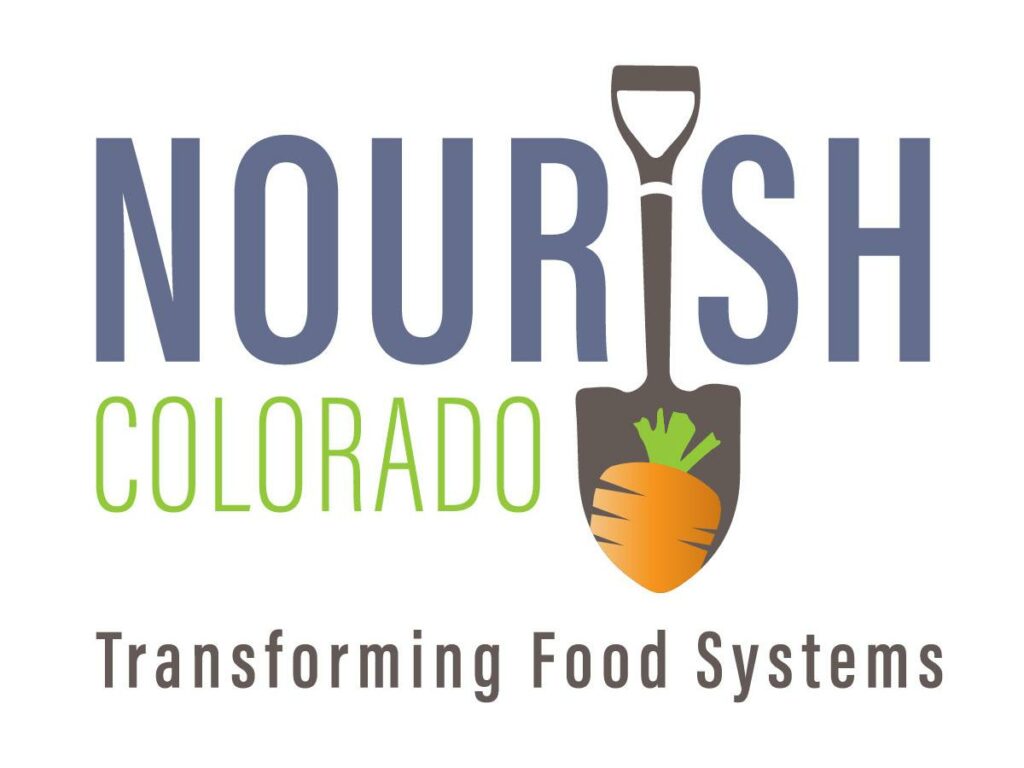LiveWell is supporting the campaign to pass Proposition 110, “Let’s Go, Colorado.” The proposal will provide a stable, on-going revenue source for transportation needs throughout the state. LiveWell supports the initiative due to the inclusion of dedicated multimodal (walk, bike, public transit) dollars (the Multimodal Transportation Options Fund) and the flexibility given to local governments to use their share of the funding on multimodal projects if they so choose. The campaign collected nearly double the needed signatures to place the .62 percent sales tax increase on the 2018 ballot. The revenue generated from the sales tax will be split accordingly:
- 45 percent to CDOT for state projects;
- 40 percent to local governments (these funds are flexible and can be used by municipalities and counties to address both traditional transportation needs as well as multimodal needs); and
- 15 percent to the Multimodal Transportation Options Fund.
LiveWell is excited to participate in the campaign to pass the measure given the additional dollars it will bring to address walk, bike and transit needs throughout the state. Additionally, the need to address all transportation infrastructure deficiencies is great.
- In 1991, the gas tax was set to 22 cents per gallon. At that time, there were 3,387,000 people in Colorado, the state had $126 per driver to use toward building and maintaining our transportation system. Today, the gas tax remains at 22 cents, and with the increase in population, only has $69 per driver for upkeep of our roads. As a result, Colorado’s transportation needs have gone unmet for decades.
- The state’s failure to invest in infrastructure is costing residents real money. Potholes and rough roads damage a vehicle’s tires and suspensions, costing the average Colorado driver $468 in repairs each year.
- Not only does Colorado needs a new funding source to fix roads, but the state desperately needs funding for multimodal systems that are safe and accessible for all. Colorado spends less than 1 cent per person per day on transit. The national average is 20 times higher, according to a policy brief by the Southwestern Energy Efficiency Project.
- One benefit of sales tax is that it capitalizes on the dollars spent by more than 80 million tourists who visit Colorado every year. This way, tourists also pay a share in fixing the infrastructure that they utilize while visiting Colorado.
Further, LiveWell is committed to working with partners and using our resources to reach voters of color and low-income voters who disproportionately rely upon public transit, walking, and biking for transportation.
There will be another transportation issue on the ballot, Proposition 109, known as Fix Our Damn Roads. This initiative is brought forth by the Independence Institute, a conservative-leaning think tank in Colorado. If passed by the voters, the proposal will amend Colorado statutes to require the state to borrow up to $3.5 billion in 2019 for up to 66 specific highway projects. One of the problems, from LiveWell’s perspective, is that that proposal does not provide a new revenue source by which to pay for these projects. As we all know, the economy will eventually take a downturn and the state will have to cut budgets. When this happens, under Prop 109, the Colorado General Assembly will have its hands tied. In order to pay back the bonds issued under Prop 109, other state programs will be hit hard and their budgets will decrease. Even without a downturn, Prop 109 will divert up to $260 million a year for 20 years from other critical programs, including education, health care, public safety, and routine transportation maintenance.
Moreover, Prop 109 does not include ANY funding for cities and counties, nor for multimodal projects. The proposal will only fund state road and bridge expansion, construction, maintenance, and repairs as they relate to the limited number of state transportation projects identified in the proposal. This is bad public policy from LiveWell’s perspective. Given the rate by which Colorado’s population is growing, the state cannot grow its way out of this problem. Expanding traditional roads will simply not be enough to ease congestion and facilitate a sound transportation system. Instead, we need a well-rounded approach that provides for all transportation modes including walk, bike, and transit.
Just as importantly, the traditional transportation system that Colorado has developed has serious negative impacts on low-income communities and people of color. You do not have to look far to see our major highways cutting through low-income neighborhoods, or to see a lack of sidewalks and safe road crossings in neighborhoods that are largely inhabited by people of color. Only focusing on the state highway system and ignoring these gross inequities and the need to provide better options for transportation for those without personal vehicles is unconscionable.
Visit Let’s Go, Colorado’s web site for more details, for Frequently Asked Questions in English or Spanish feel free to contact Julie George, juliegeorge@livewellcolorado.org with questions or further information.
